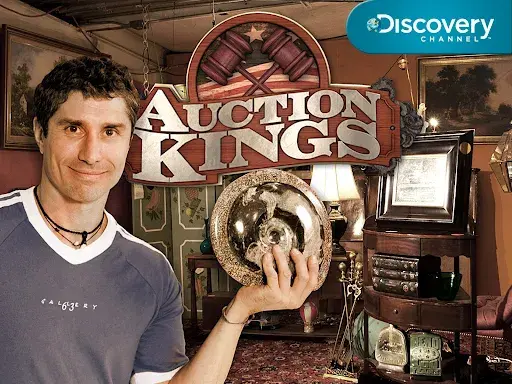‘We Each Bring to the Table What the Other Is Lacking’: Photographers Alana Celii and Daniel Dorsa on Their Classic New York Love Story
In Artnet News’s Portraits of Love series, young creative couples offer insights into their partnerships.
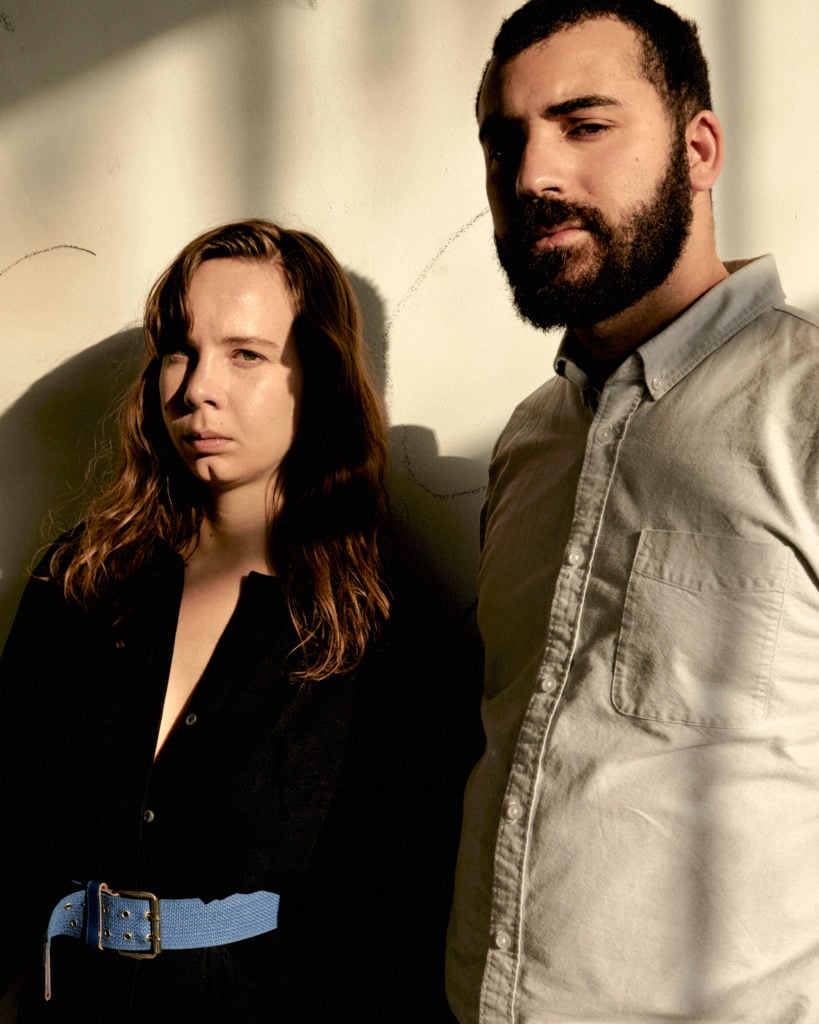
New York City is a global metropolis, but sometimes it can feel like a small town—and the love that formed between young photographers Alana Celii and Daniel Dorsa is one of those city stories that perfectly illustrates the dichotomy.
She, a New York Times photo editor, and he, a Florida-born photographer carving his own path, met by chance only to discover a shared world of common friends and interests (Erik Tanner, the primary photographer for this article, was a mutual friend to both).
The two stylish Brooklynites might share a world of passions, but the inner workings of their relationship also reveal them to be an intriguing, unlikely couple: Alana, a bit watchful and idea-driven, makes an interesting foil to Daniel, who describes himself as gregarious and spontaneous.
The mix, however, seems to be working. Celii’s new monograph, Paradise Falling, is about to be released by AINT—BAD, while Dorsa’s photography has recently been featured in the pages of New York Magazine, the New York Times, and Vogue Mexico. That’s not to mention their recent collaborations or their forthcoming show this summer.
With us wondering what makes art-world couples tick, the recently engaged pair chatted with us about their idiosyncratic meeting, what they each bring to the relationship artistically, and how they like to spend their weekends together in Brooklyn.
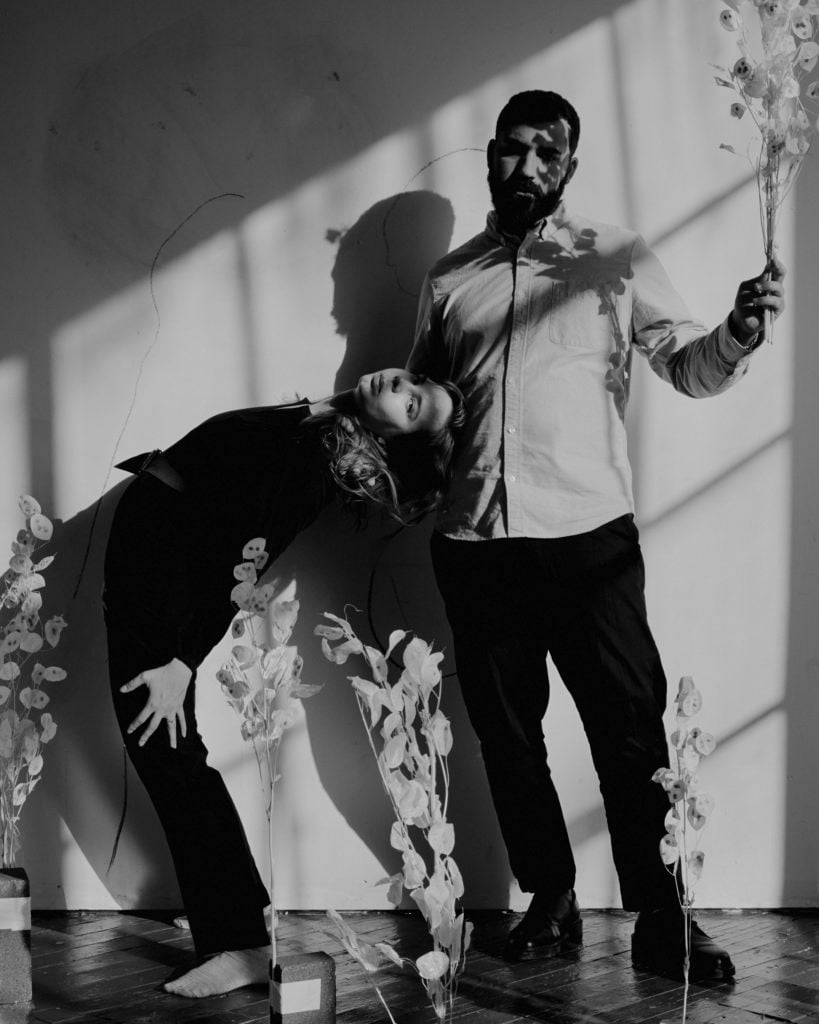
Can you tell me a little bit about your backgrounds and how you each wound up working in the photography world?
Alana: I was born in Illinois, but moved all over. Most of my family is from Pennsylvania. I lived there till I was 10. I lived in Tennessee for two years and I lived in Texas for six years and I graduated high school there. My parents gave me a camera when I was three. It was Care Bears-themed. My mom would take them to the drug store to get developed, so my interest kind of evolved from there. Then my dad gave me his camera. I still have a dark room in my parents’ house in Texas.
I came to New York in 2005 to get my BFA in photography at Parsons. I started working as a photo editor in 2011, at Time, the Wall Street Journal and now the New York Times, while still pursuing my fine art-based photography practice on the side.
Daniel: I’m from Florida originally and grew up down there. I started photography when I was about 16, in high school, and fell in love with it from there. Then I went to a small community college, where I studied photography. Once I graduated, I left to move to New York. Around 2013. I worked my way up from a fancy photo-studio assistant. I came up in a very traditional time in the photography world, in that sense.
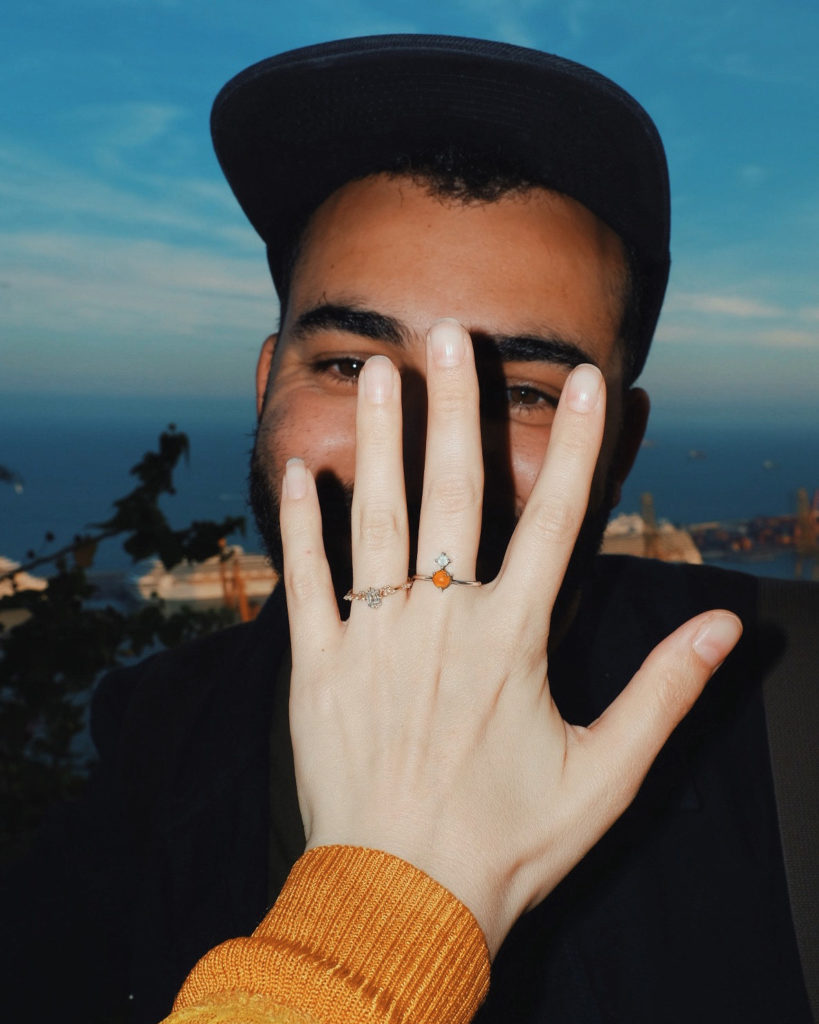
So you were both living in New York and in the photography scene. How did you meet and how did your “love story” begin?
[Both laugh]
Alana: Daniel emailed me to come in for a portfolio review… and I apparently ignored the first email. Sorry, Dan! But then I did respond to the second email, and then two of my coworkers and I met with him.
During this portfolio meeting, Daniel and I realized we had a ton of friends in common. It turned out that I knew all of his studio mates and one I had actually worked with at Time. We’d been at the same parties and just had never met. He knows a lot of my friends from college. Then the next week we kind of ended up going on a date that wasn’t supposed to be a date.
Daniel: She knew my roommate and now studio-mate, Erik [Tanner], and we were all planning to meet up for a drink but he had to bail last minute. Now, I’m in this position, right? She’s my editor, and I’m trying to not be that guy, trying to keep it very professional. But as the night progressed, it just wound up becoming a date. Essentially, though, it all stemmed from that portfolio review. So if Alana hadn’t responded to my second email, then we wouldn’t all be talking right now.
When was this exactly? Do you remember where you went for that first non-date?
Alana: Yes, I remember the day because I was having a really good day. It’s funny—I had a shoot with [R.E.M’s] Michael Stipe and I’ve always been a big fan of his. He let me touch his beard, which was exciting.
We had the portfolio review on Wednesday, October 12, 2016. Then we went to get drinks the following week. We went to Kinfolk in Williamsburg. Then we went to see a friend of a friend play music at Rough Trade. We went and got pizza, he walked me home, and he kissed me. Immediately, I was like, “Okay, I can’t work with you now.” And actually I’ve never hired him, but my coworkers do. So it kind of worked out for him both ways.
Photography brought you together in a very literal sense, but I wonder what kind of role your both being photographers plays in your day-to-day life, and also in the more conceptual sense of your respective practices. Do you influence each other artistically?
Daniel: Since we do both work in the same industry, outside of our personal work and the work we make together, we do talk about it a lot and it’s definitely influenced how I look at work. The school that I went to is more of a technical program. Alana has more of a fine-art background and she’s definitely exposed me to a lot of other types of work that I’d never seen and other artists that I’d never know about. And through her own work—her sensibilities and how she edits—it helps me edit mine. So, definitely, in practical sense, the relationship has an impact, but also conceptually she’s encouraged me to push myself.
Alana: We started making work together because we both had a kind of writer’s block with our own personal projects and were feeling frustrated. We each bring to the table what the other is lacking. Whereas Daniel can come in when I’m missing a technical skill, I can work to just create weird ideas. We’ve worked together on two shoots recently and we have a pretty good rapport.
Daniel: When we’re working together if one person is drawing a blank, the other person can kind of step in to suggest things. We both have really similar tastes in the type of work that we like, but since we do both shoot pretty differently, one person’s sensibility can come into play really well in a particular situation.
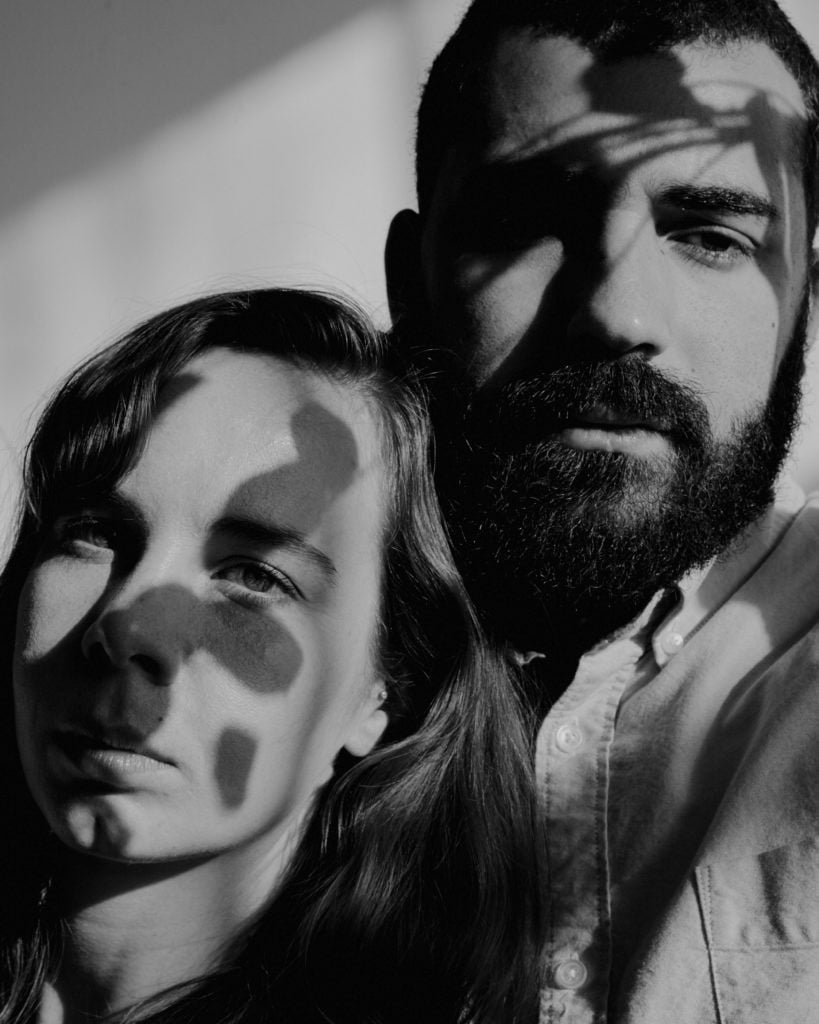
How would you describe that shared aesthetic?
Alana: The type of work that we like is soft and clean. Whereas I will skew a little bit more candy-color saturated, and contrast-y, he’s less contrast and I’d say almost a little romantic in the way that he shoots.
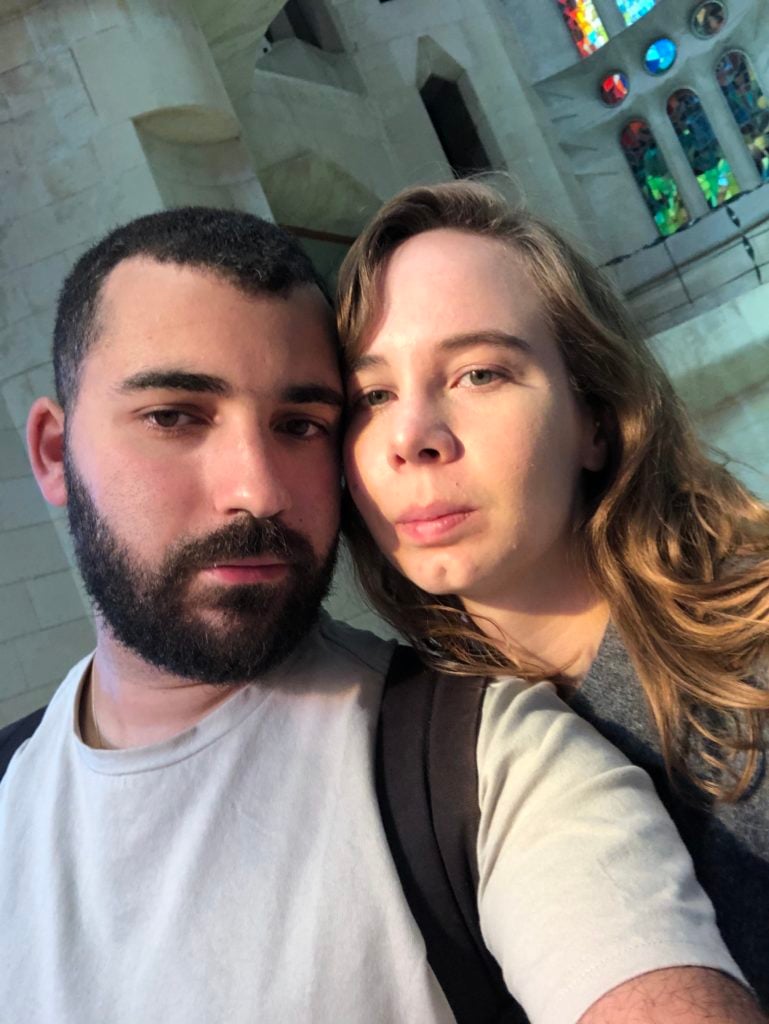
What are the differences in the way you both work?
Alana: I still shoot film mostly, and he works in digital, so I think that lends itself to some differences. I take my time with it, whereas he likes to shoot a lot, quickly. I feel like he’s also a little bit more cool on set, whereas I’m maybe trying to make things a little bit stranger or looking for opportunities to set up an unusual moment. There are little things I might see that he wouldn’t, but at the same time, I think he’s better at naturally posing models and bringing out organic expressions from the subject whereas I could be a little bit more awkward.
Do you each have a favorite camera?
Alana: When I shoot on film, I shoot with a Hasselblad, and then for digital I have this little point-and-shoot Fuji X 100 T that I just carry with me everywhere.
Daniel: I’m definitely a flavor-of-the-month type person where I’ve gone through a million different setups. Right now I’m using a Nikon DSLR and then a digital medium format Pentax 645 Z. That said, I like to try new things and will probably be switching things up again soon. My favorite camera of all time is probably a Mamiya 7 that I used pretty exclusively in college, when you could rent out a camera. I loved that thing to death. I feel like I’ve changed cameras a million times because my work has changed a lot.
Are there some photographers you’re both interested in?
Daniel: Erik Tanner, my studio mate, who photographed us for this article. I’ve been sitting next to him for years. He’s one of my favorite contemporary photographers and someone who pushes me. We both also like Wolfgang Tillmans. I’m a big fan of Robert Adams.
Alana: Roe Ethridge, too. I’m really into Dora Maar right now and excited for the retrospective of her work, which will open at the Getty soon.
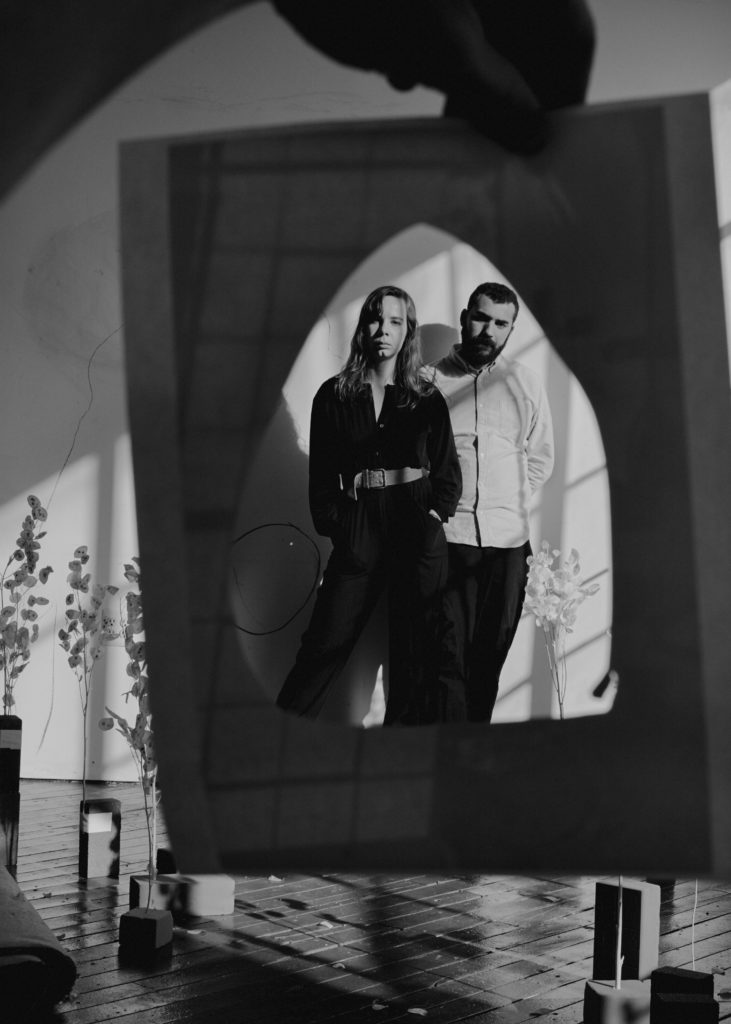
You both have a joint show coming out together later this year right?
Alana: Yes, we have a show together at the gallery Castleton University in Rutland, Vermont. It’s the first time we’ve had a show together. The space is an old bank so we’re excited to utilize that unique aspect of it.
Daniel, you travel a lot for work and Alana, you have a pretty consuming day job. When you’re both in the same place and your schedules align, are there any particular things you like to do together? How do you sort of reconnect?
Daniel: We do cook a lot at home, which is pretty much a daily ritual. We can be so busy during our work days that by the time we get home, we just start talking and cooking.
Alana: He’s my sous chef. Until very recently I worked Sunday through Thursday and we would hang out together on Fridays. We’d go to galleries because no one would be there. In the summertime we’ll go to the beach and we go upstate a lot too—camping and hiking.
Daniel: We’ll wake up on a Saturday and go to diner for brunch and then just see where our day takes us.






